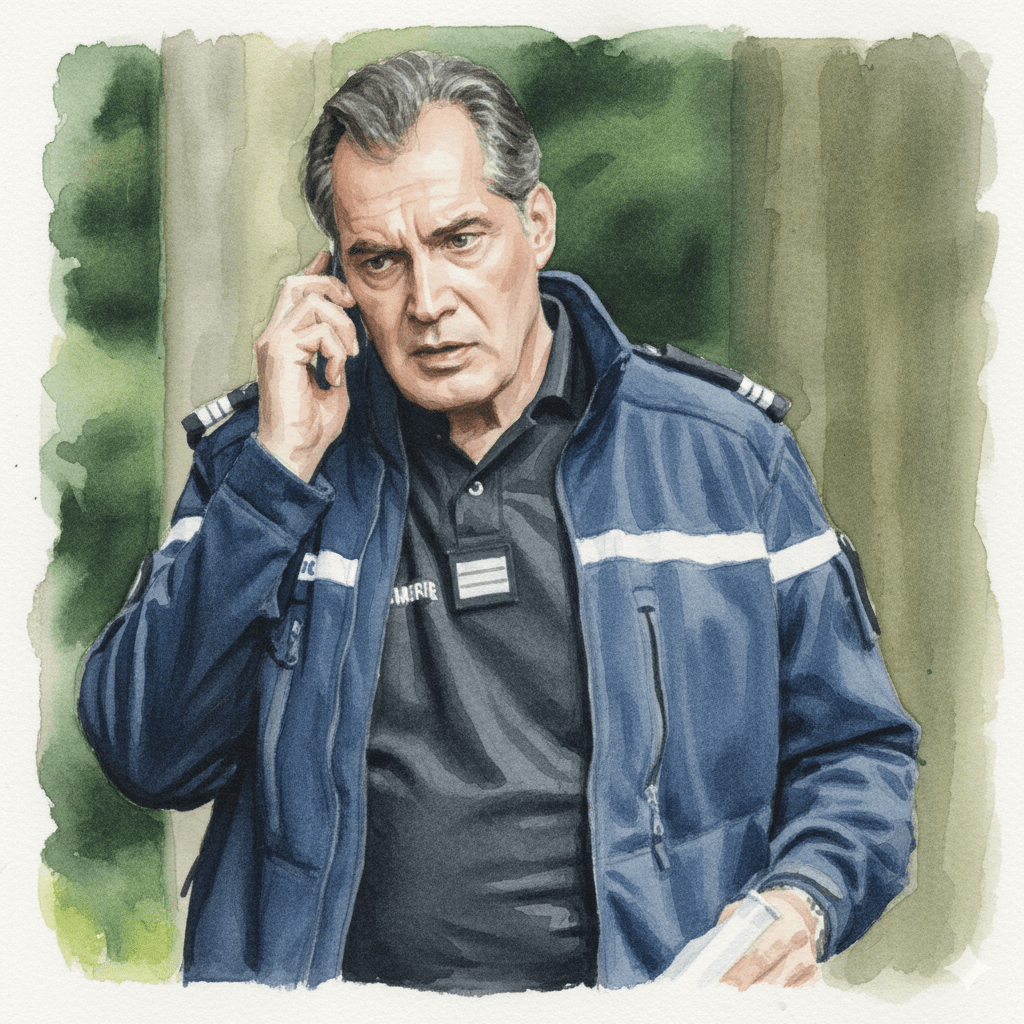Someone I once knew told me a story about how his grandfather was a gambling man. Gambling is both a vice and a personal weakness. When indulged to an excess and to an extreme, gambling leads us into depleting ourselves both mentally and emotionally. It also drains our resources and distances our loved ones away from us. It is a lonely road that the gambler has chosen and I am afraid that in many cases he never gets off that road due to the addictive nature of gambling.
An addiction–any kind of addiction–is usually a distraction. We have made the wrong commitment; and for some reason, we are unable to overcome this personal weakness that has spiralled out of control. When gamblers overindulge in betting, they get into the pattern of habitually risking their money, their livelihood and their family’s overall well-being.
I remember my friend telling me that on the days when his grandfather would ‘win’, there would be a banquet waiting. And on the days that the grandfather figure would lose, the family would go hungry on those nights as there was nothing to eat. The highs were real highs and the lows were real lows. It is the gambler’s inability to walk away from his losses and admit his defeat that leads him to his own self-destruction. It is not a pain that he only inflicts upon himself. It also ends up deeply affecting those closest and dearest to him.
While there are undoubtedly many who choose to gamble as a recreational activity, there are those who–due to a personal weakness and shortcoming–develop a gambling problem. It is the same story with alcohol, cigarettes and drugs. It is the high of winning that provides a temporary escape or relief from the frustrations that the addict is experiencing with his life. It doesn’t actually fix his problems. It only allows him a brief respite away from it.
While I have chosen to call it a personal weakness, gambling is generally classified as either a disorder or a disease. Gambling not only causes personal financial ruin, it can devastate and destroy a family. The loss that occurs due to this risk-taking behaviour is either denied, diminished or downplayed by the one who has the problem. The worst part of it is when the behaviour continues despite serious and severe negative consequences.

Financially Irresponsible Men
From absent fathers, to afraid-to-commit boyfriends and to fiancés and husbands that are just awful with money, many men–and these are not just modern men–fail miserably and terribly to live up to their financial responsibilities. Usually, the reason is a personal weakness and not an incapability or an incapacity to provide.
It all begins with one feeling trapped and restricted. In an attempt to cast away this feeling, they end up with something or someone else that has an even tighter grip around their neck. Codependency of any kind is not necessarily unhealthy. But if either individual is suffering from a mental health issue, the much-needed help of a professional counsellor can assist in overcoming the issue. Counselling is only the first step. In the end, further steps must be taken to remedy and rectify the root cause of the problem.
If a person feels trapped in a relationship, it is a possible sign of a looming addiction. In the future, this individual can become overly dependent on their spouse instead of being the one that takes responsibility. If there are financial issues in a marriage, they should be taken seriously for they could spiral out of hand and become dangerous.
Gambling away something good for something lesser is an inherited trait. While they are a lot of people out there who take financial risks, a person must know when it is time to stop. If a person fails to be accountable for his addictions, someone else’s money will be on the line very soon. These are red flags that should not be ignored because a gambling habit could land a whole family in debt.
When a gambler gets so obsessed with winning that they don’t mind where the money comes from–even if it means incurring more debt–then the issue must be dealt with head-on without any further delay. One of the reasons why the issue gets out of hand is because the person with the problem blatantly refuses to acknowledge that they have one.

Joint Finances
The goal of talking about finances is to know where both parties stand and what you can do about that now and in the future. Joint finances is not the most enjoyable topic to discuss, even though it’s a very important one. Transparency in relationships is important, especially when there is a shared future at stake. So regardless of how uncomfortable the money conversation is, couples should still endeavour to talk about it.
It begins with us asking the question: why is my partner not taking financial responsibility? Did something happen to them that they decided that they do not need to take the responsibility to financially provide for their partner and their children? Are they stingy? In the event that there has been an extramarital affair, do they have a valid reason for choosing to inequitably and unfairly split the family’s resources? By asking these questions, you will understand why someone failed to provide for you.
There are always options and there is always something positive you can do to improve your situation no matter how hopeless things may seem on the surface. Would you cede financial control to a spouse? It depends. Many people do. Many people want to. Some are able to. Some are unable to. It all comes down to whether or not it was a conscious choice. Is this what you wanted or did you settle for a financial situation that you did not want in the first place?
There is nothing wrong with delegating financial responsibility. But we cannot abdicate the decision-making role that we all need to play in our own financial well-being. Be aware of the financial decisions that impact your spouse, your children and even future generations. Time needs to be set aside each week or at the very least each month to have the conversation about money. Fluctuations in one’s financial life is not unheard of. But why has it come about?
Do I need to be more understanding towards the circumstances that exist beyond their immediate control? Are they in the midst of repaying a debt? Is there a financial crisis that has made it temporarily impossible for them to be there for me financially? The reason may well stem from an external source.
But if the reason is that they simply don’t prioritise me, how can I prioritise my own financial well-being? In the end, one has to acknowledge and understand why their partner, their parent or even their friend is financially unsupportive. In the end, it is up to them to take the steps necessary to secure their financial future.
Negative Thinking
If you are carrying negativity within you, you are more likely to wind up in an environment where that very same negativity is also present. That is why sometimes people move away only to find themselves confronted with the exact same issues that they were trying to leave behind. To leave behind a deeply entrenched pattern is possible. It is possible to overcome any hardship that you are currently facing. But first, you must seek help. Once you have the humility to seek help, your problems will begin to reduce in their severity.
The important thing here is not to escape. If you escape, you will only bring that problem closer to you. Instead of escaping into yet another problem, we need to allow ourselves the time to heal. Help is on the horizon. You will, indeed, receive the support and the love that you asked for. Be grateful for the help that is destined to arrive from a truly unexpected person. We sometimes find ourselves adrift because although we are ready to move on, our heart is still anchored to our old wounds and to our past experiences.
We, as humans, all have personal weaknesses. The real pressing problems arise when we are unable to control it and place limits around it. When it comes to gambling, recreational gamblers usually only give themselves a set amount to gamble. They do not permit themselves to lose beyond a certain amount.
Wealth has a way of allowing and permitting us to indulge in luxuries. But when hedonism becomes a lifestyle and is held up as a way of life, one will end up rejecting the sensible and responsible way to live. A hedonist will allow himself to indulge in carnal appetites in ways that most people would not dare. The worst part of it is that they will do it with little to no regard for the consequences.
The consequences include: codependence, bingeing and compulsive consumption. Once they start, it becomes impossible for these people to stop. While pleasure, in itself, is not harmful, perhaps the pleasure we seek can only be found in the simple and natural pleasures that most tend to overlook.
Hedonism is not the same as happiness. With hedonism, you are essentially chasing and seeking sense-gratification. This is something that the Bhagavad Gita warns and cautions against.
There are some general steps an individual can take if they wish to recover from their problem. Firstly, they have to speak with a counsellor or a therapist. They are trained to listen in a way that looks out for certain signs. They know how to identify red flags and respond accordingly. The healer is, at the end of the day, usually someone who has dealt with or has expertise in dealing with a similar issue.
People who have an addiction or a gambling problem should not be condemned. Very often, it is their inability to ask for genuine help to deal with the root cause of their problem that leads them down the path of codependence. By helping, aiding and financially supporting the gambler, they continue to stay stuck in their wayward ways.
Once they realise that they cannot blame another person for their personal weakness nor the predicament that they found themselves in, they will finally start seeing the light that they have truly been seeking.





Leave a comment